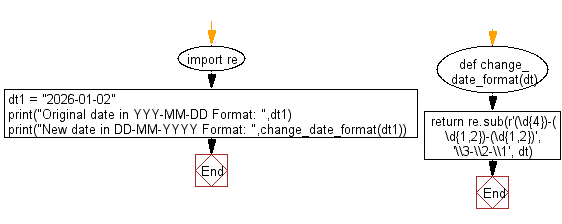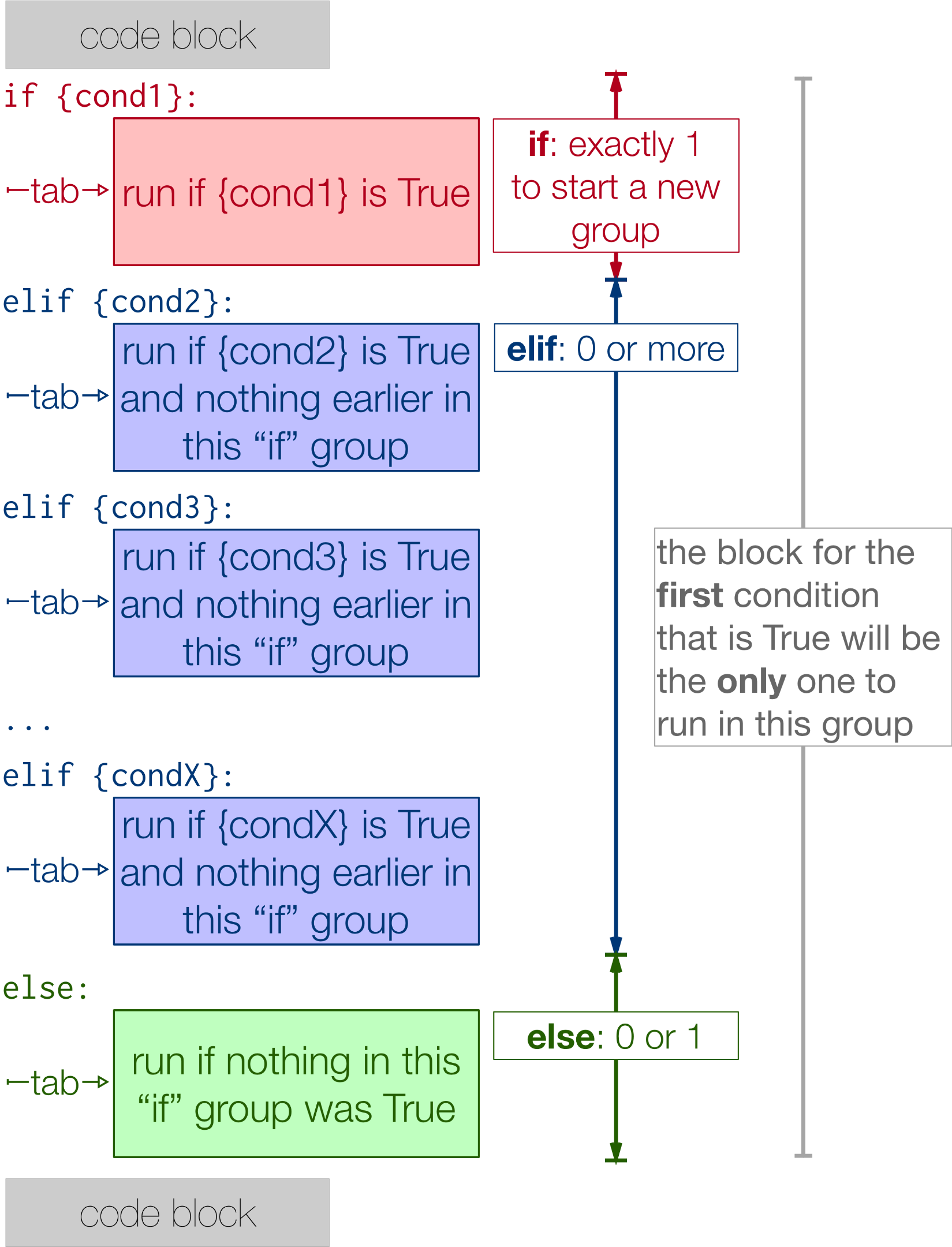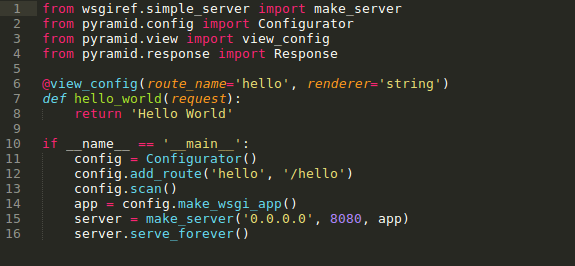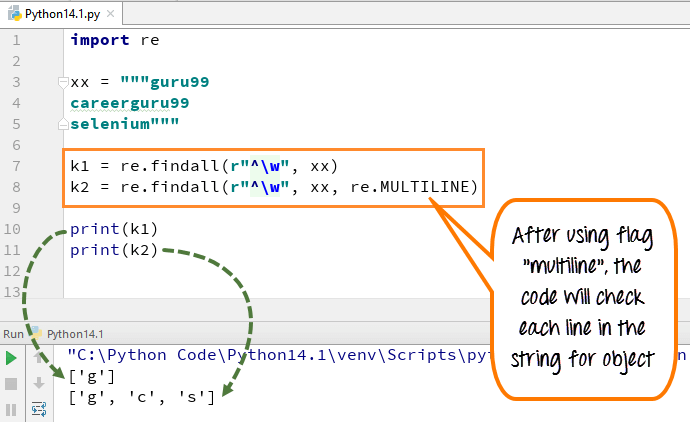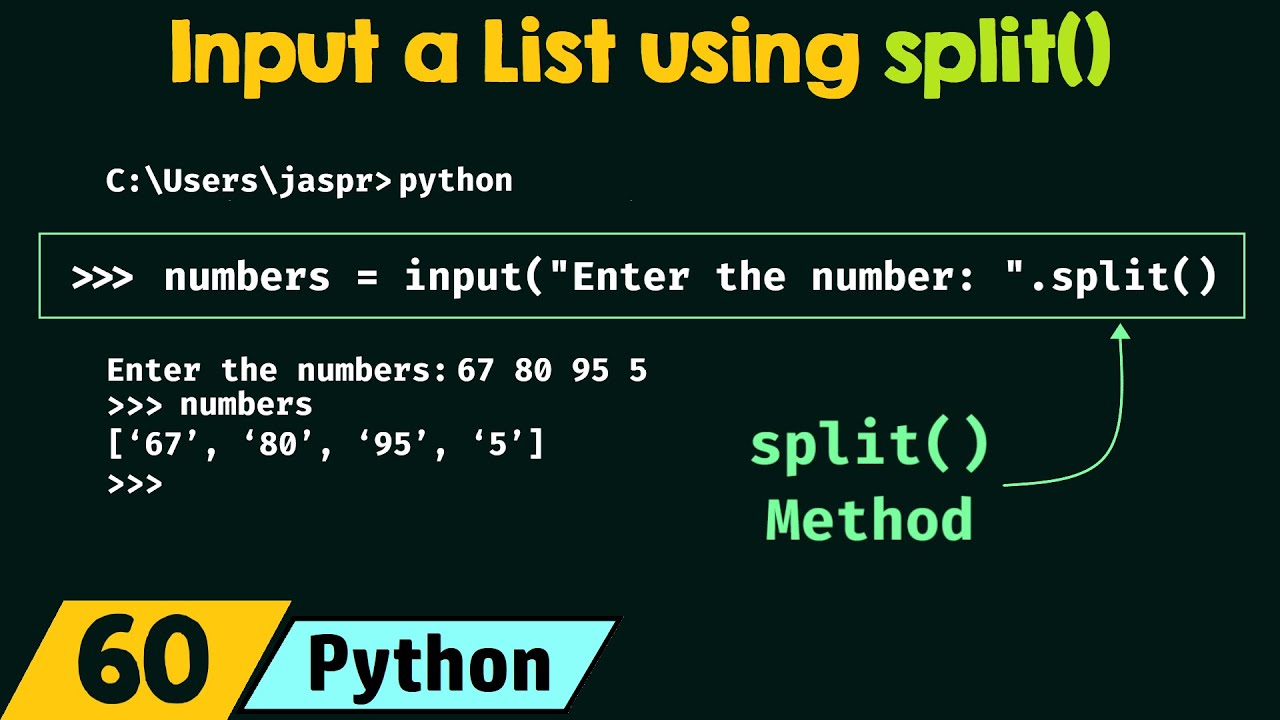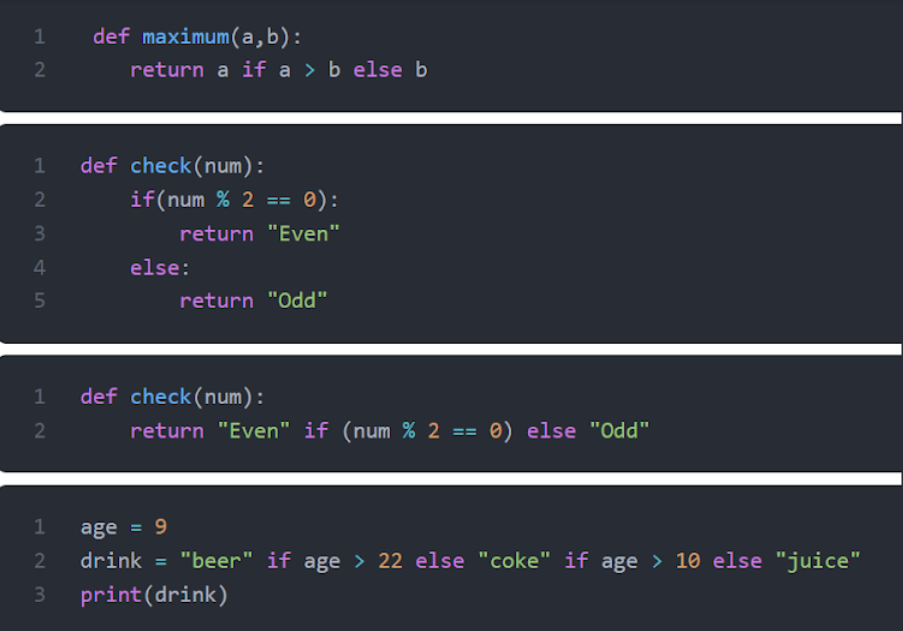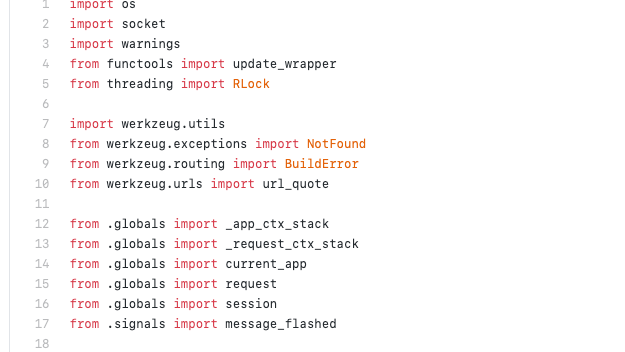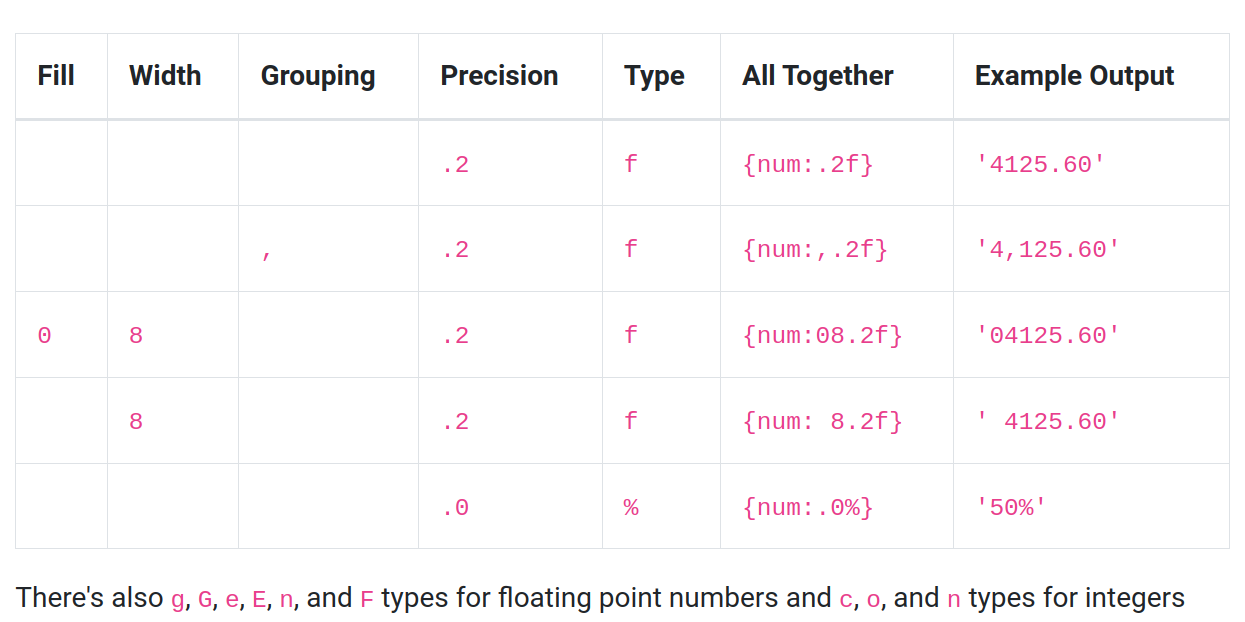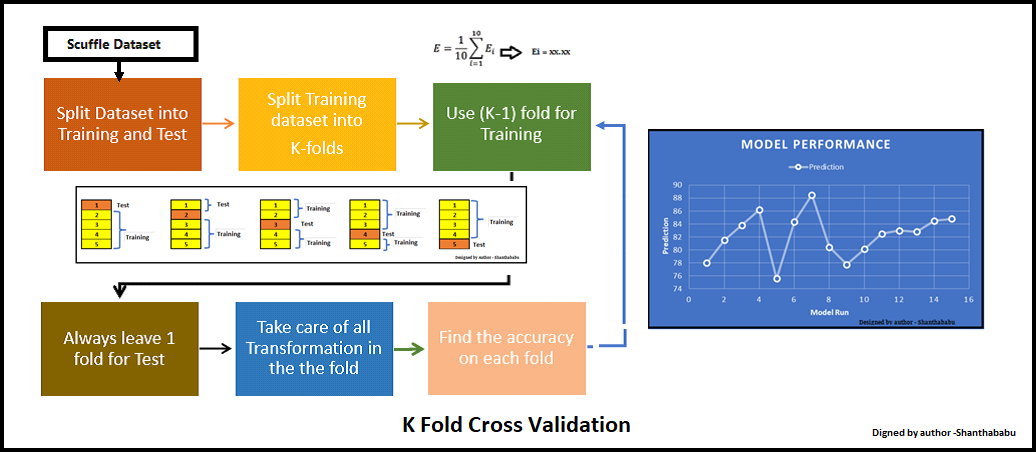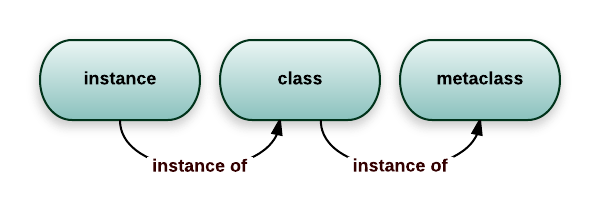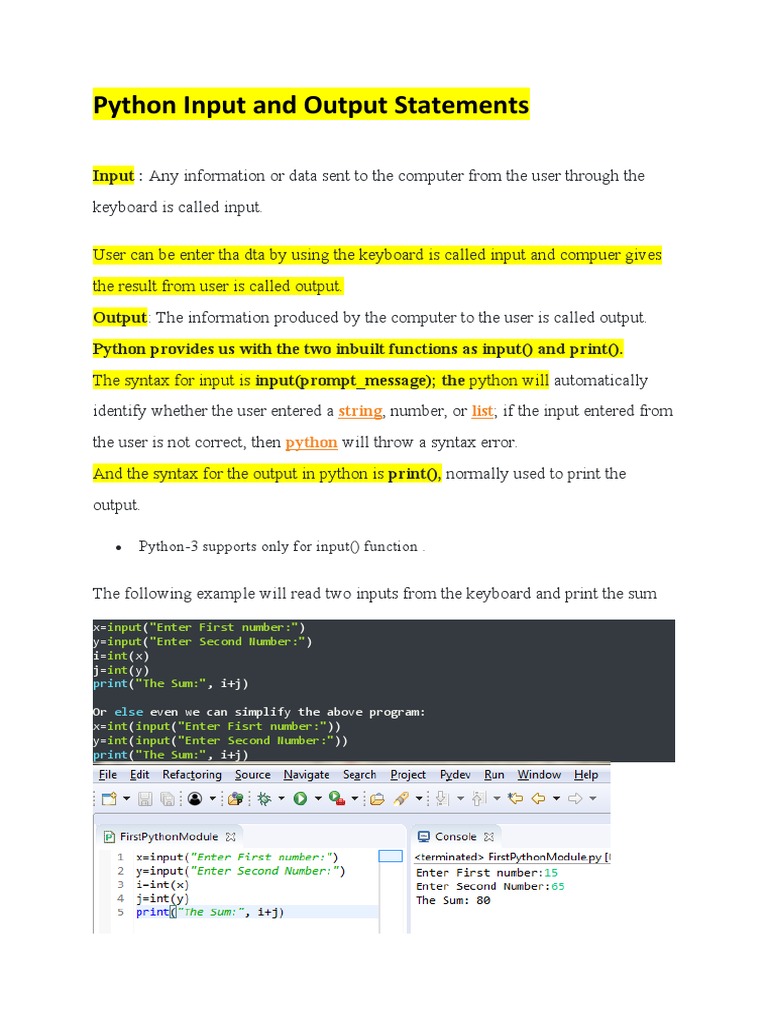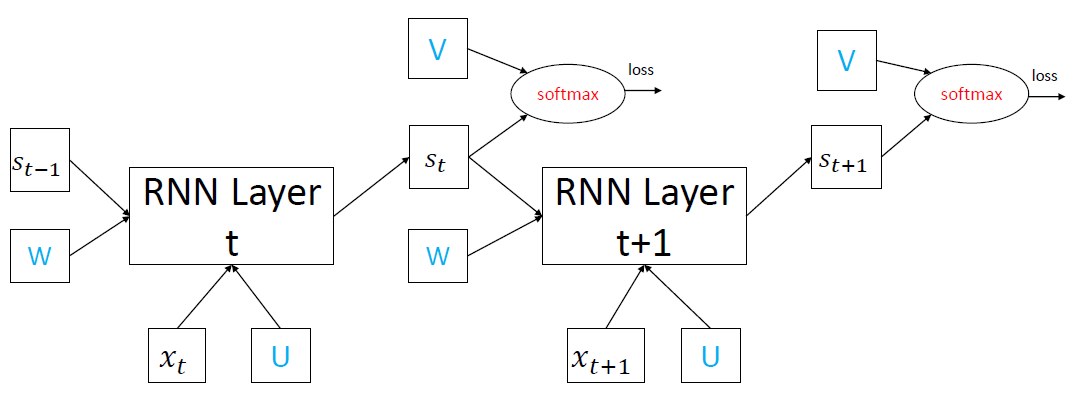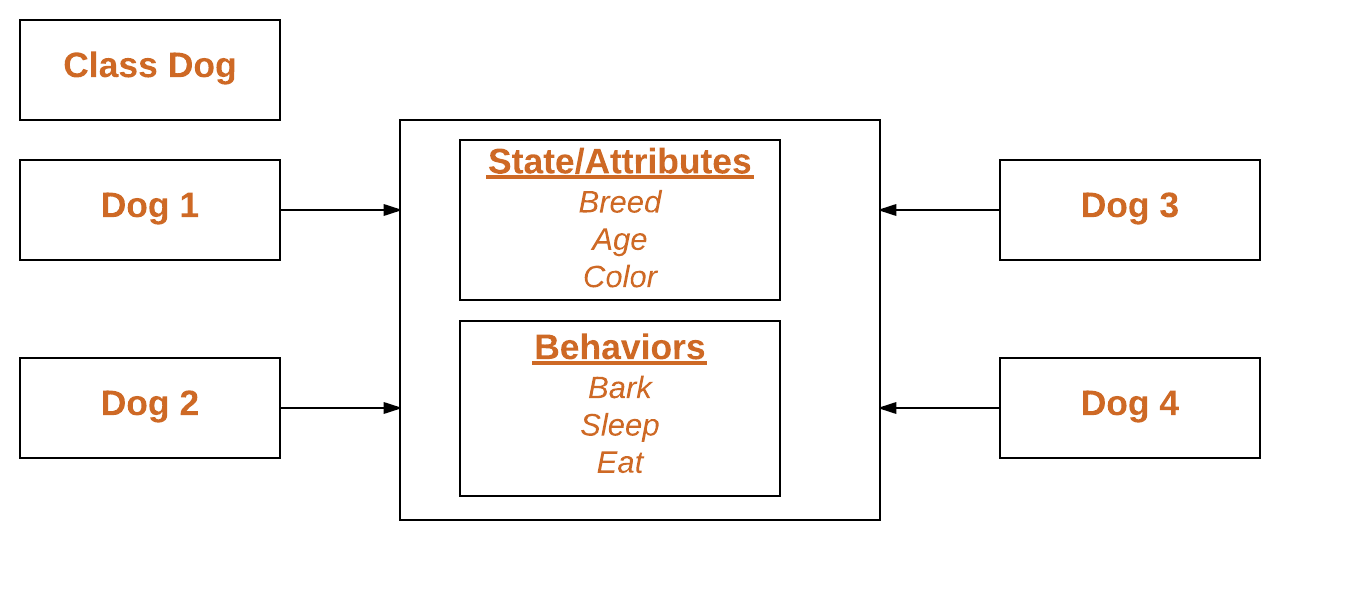Python lazy object
Python lazy object

Python's lazy object evaluation is a fascinating concept that allows developers to create more efficient and memory-friendly code. In this context, "lazy" refers to the delayed computation or execution of an object, which typically involves a significant amount of processing power and memory.
In Python, objects are considered "eagerly evaluated" by default. This means that whenever you access an attribute or method on an object, the underlying data structure is immediately constructed, even if it's not actually needed at that moment. For instance:
class ExpensiveObject:
def init(self):
self.data = [i for i in range(1000000)]
@property
def my_attribute(self):
return len(self.data)
obj = ExpensiveObject()
print(obj.my_attribute) # This line will create the entire data structure.
In this example, when you access obj.my_attribute, Python will eagerly evaluate the property by creating the entire list of numbers from 0 to 999999. This can be extremely memory-intensive and may cause performance issues if not handled carefully.
To mitigate these issues, Python offers a way to make object evaluations lazy through the use of generators, iterators, or other forms of delayed computation. Here's how you could rewrite the previous example to use a lazy approach:
class LazyExpensiveObject:
def init(self):
self.data = (i for i in range(1000000))
@property
def my_attribute(self):
return len(list(self.data)) # This line will only compute when actually needed.
obj = LazyExpensiveObject()
print(obj.my_attribute) # Now, the entire data structure is not created until needed.
In this revised version, we've replaced the eager evaluation of self.data with a generator expression. The (i for i in range(1000000)) line creates an iterator that yields individual numbers from 0 to 999999, but it doesn't compute them all at once.
When you access obj.my_attribute, Python will only compute the length of the generated data when actually needed, which can be a huge memory and performance win. This lazy evaluation strategy allows your code to conserve resources by deferring computation until the last possible moment.
Lazy object evaluation is particularly useful in situations where you're dealing with large datasets or computationally intensive operations. By delaying the creation of complex objects or structures, you can significantly improve the responsiveness and scalability of your Python applications.
In summary, Python's lazy object evaluation allows developers to create more efficient code by deferring computation until it's actually needed. This is achieved through the use of generators, iterators, or other forms of delayed computation, which can be particularly valuable when working with large datasets or computationally intensive operations.
Is python generator lazy evaluation
I'd be happy to help you with that!
Python generators are indeed lazy, which means they only compute the next value when their __next__() method is called. This concept is often referred to as "on-demand" or "demand-driven" computation.
Lazy evaluation in a generator has several benefits:
Efficiency: By not computing all values at once, generators can process large datasets without consuming excessive memory resources. Flexibility: Since the computation is delayed until the next value is requested, you can easily integrate generators with other Python constructs, like list comprehensions or conditional statements. Reduced computational complexity: When dealing with complex computations or recursive functions, lazy evaluation helps prevent stack overflows by only processing one step at a time.Let's take an example to demonstrate how this works:
def fib(n):
a, b = 0, 1
for _ in range(n):
yield a
a, b = b, a + b
for num in fib(10): # Generate the first 10 Fibonacci numbers
print(num)
In this example:
Thefib generator function uses a loop to compute Fibonacci numbers up to n. The yield statement suspends the computation and returns the current value, allowing you to access each Fibonacci number individually. When we iterate over the fib generator using a for loop, it's only computing the next value when the next() method is called. This means that even if we only request a small subset of Fibonacci numbers (e.g., n=5), the computation will stop after generating those values.
In summary, Python generators' lazy evaluation enables efficient and flexible processing of data. By delaying computations until requested, you can avoid unnecessary calculations, reduce memory consumption, and optimize performance in your Python programs.
Now, go ahead and use this knowledge to create some amazing generator-based solutions!



